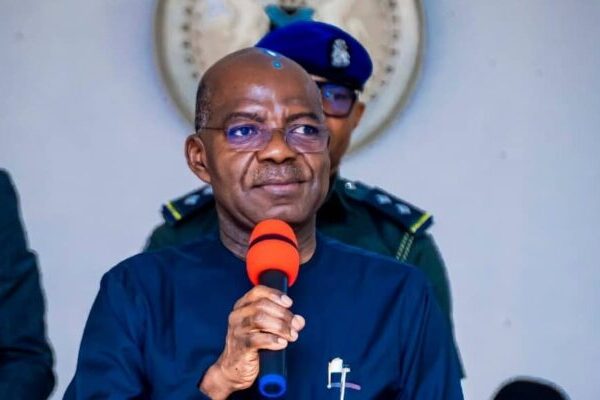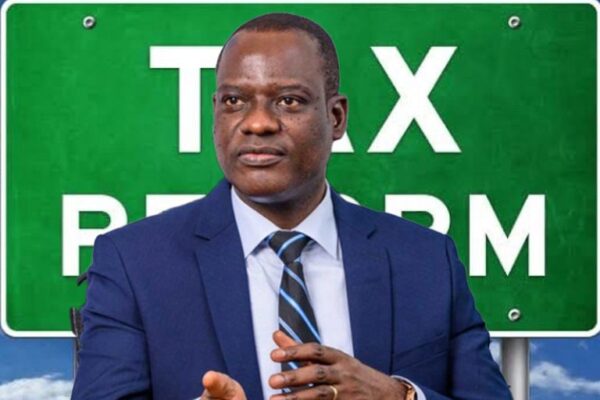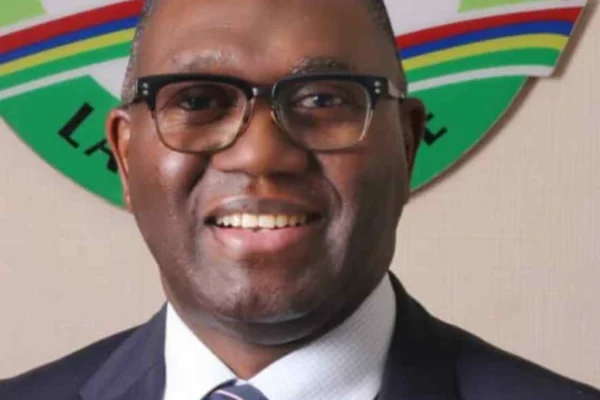The Eleventh Prosecution Witness, PW11, Bashirudden Muhammed Maishanu in the trial of former Governor of Central Bank of Nigeria, Godwin Emefiele, on Thursday, January 29, 2026, told Justice Hamza Muazu of the Federal Capital Territory High Court, Abuja, that the sum of $6,230,000.00 (Six Million, Two Hundred and Thirty Thousand United States Dollars) was withdrawn from the Garki Branch of the Apex Bank on February 8, 2023 through forged papers for alleged election observers and logistics. The witness, an Assistant Director in CBN, who was led in evidence by the prosecutor and Director, Public Prosecution, Rotimi Oyedepo, SAN, informed the court that he knew the defendant in 2015 through one Eric who was his personal assistant as CBN governor. The witness informed the court that he was approached early January 2023 by one Alhaji Ahmed, “he introduced himself to me and said Mr. Eric, the P.A. asked me to see you about some transactions that they were processing in CBN. He said he was working in a Special Committee in the SGF office. I asked him for I.D. and he showed me, I asked him to call Mr. Eric so that I can confirm he indeed asked him to see me. He called Mr. Eric and we spoke and he said he knew Alhaji Ahmed and he said indeed he did ask him to see me. Thereafter, Mr. Ahmed explained to me that they were processing a payment from the CBN on the authority of Mr. President and that once they obtained the presidential approval on paper, they will proceed to CBN for payment. I asked Ahmed what role I was to play because I was not working in the branch where the payment is made, he said it was too early at that time, and that once they obtained the approval of the government, he would let me know,” he said. The witness further informed the court that Ahmed met him about a week later and told him that they had obtained the President’s approval. “I demanded to see it, and he showed me the copy and told me that they will now go to the CBN to obtain Mr Emefiele’s approval. At that point he told me that they wanted cash payment and if I could either go with them or recommend someone to go with them. I told him I couldn’t go, and I suggested that I should call someone I knew,” he said. Testifying further, he said, “Mr. Ahmed admitted that once the approval of the government had been obtained, my friend and he can proceed with the cash payment. Later, he told me he had the government approval and that my friend could come for the cash payment. On the 8th of February, my friend went with his driver and cashed the money in Garki Branch of CBN: $6,230,000. Thereafter, they dropped my friend off at the same location inside the estate, it is called the 09 ClubHouse inside Ibrahim Coomasie Crescent. My friend called and said they had cashed the money and that Mr. Ahmed had left with $2.5 million in cash with his friends.” The witness stated that he suggested to his friends that they should keep the money, a suggestion he said they agreed. “I saw the cash and I told them that I thought it was outrageous because we never negotiated for any payment with the said Alhaji Ahmed and I suggested to my friends that we keep the money, they agreed.” When asked by the prosecution to explain how the CBN sanctions its erring officials, the PW11 stated that the bank applies different kinds of sanctions on erring staff depending on the nature, gravity and circumstances of the offence. “It could be demotion, termination of appointment or dismissal from service or warnings. These sanctions are all clearly contained in the human resource handbook.” He further stated that before sanctions are applied, there will be a disciplinary committee comprising selected staff members who would conduct investigations into the matter, hold hearings with erring staff and recommend the appropriate sanction to the management.









